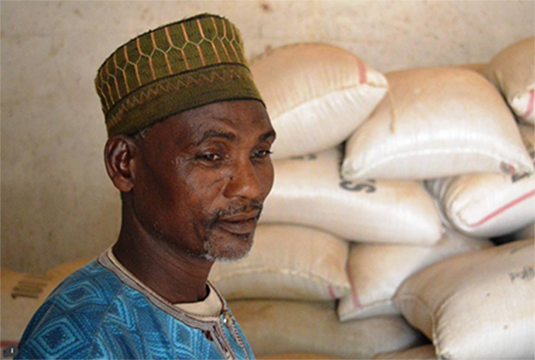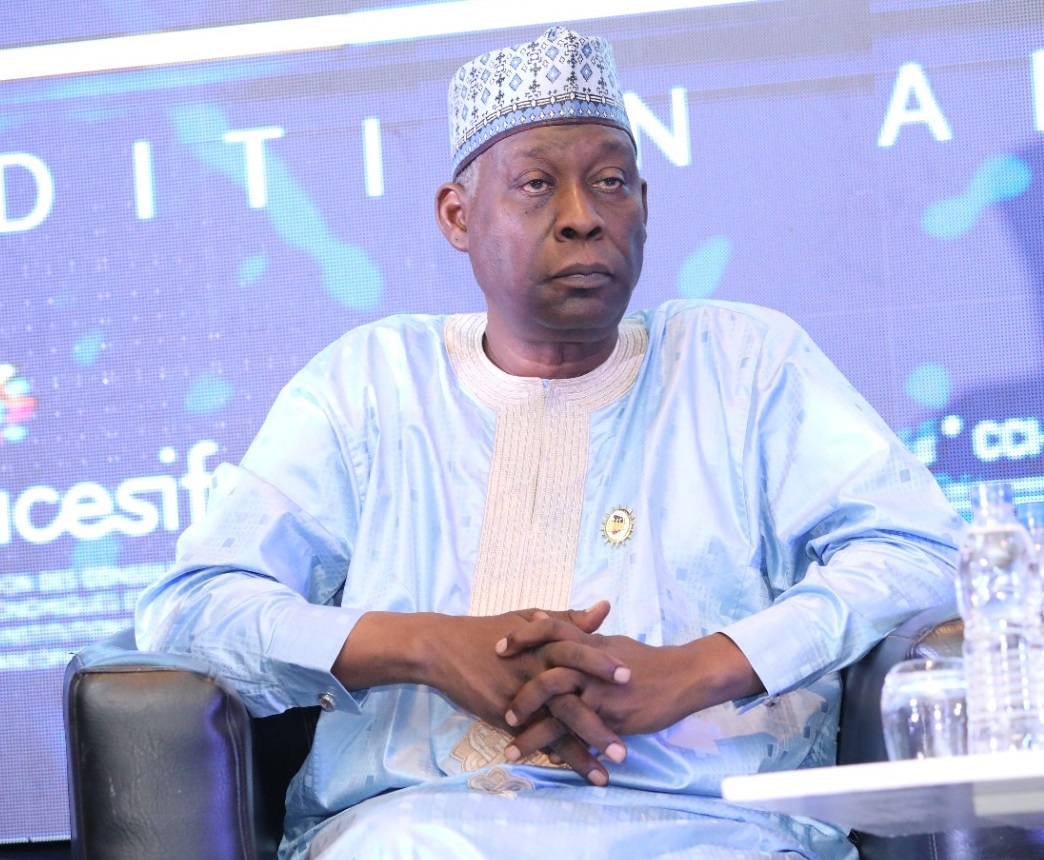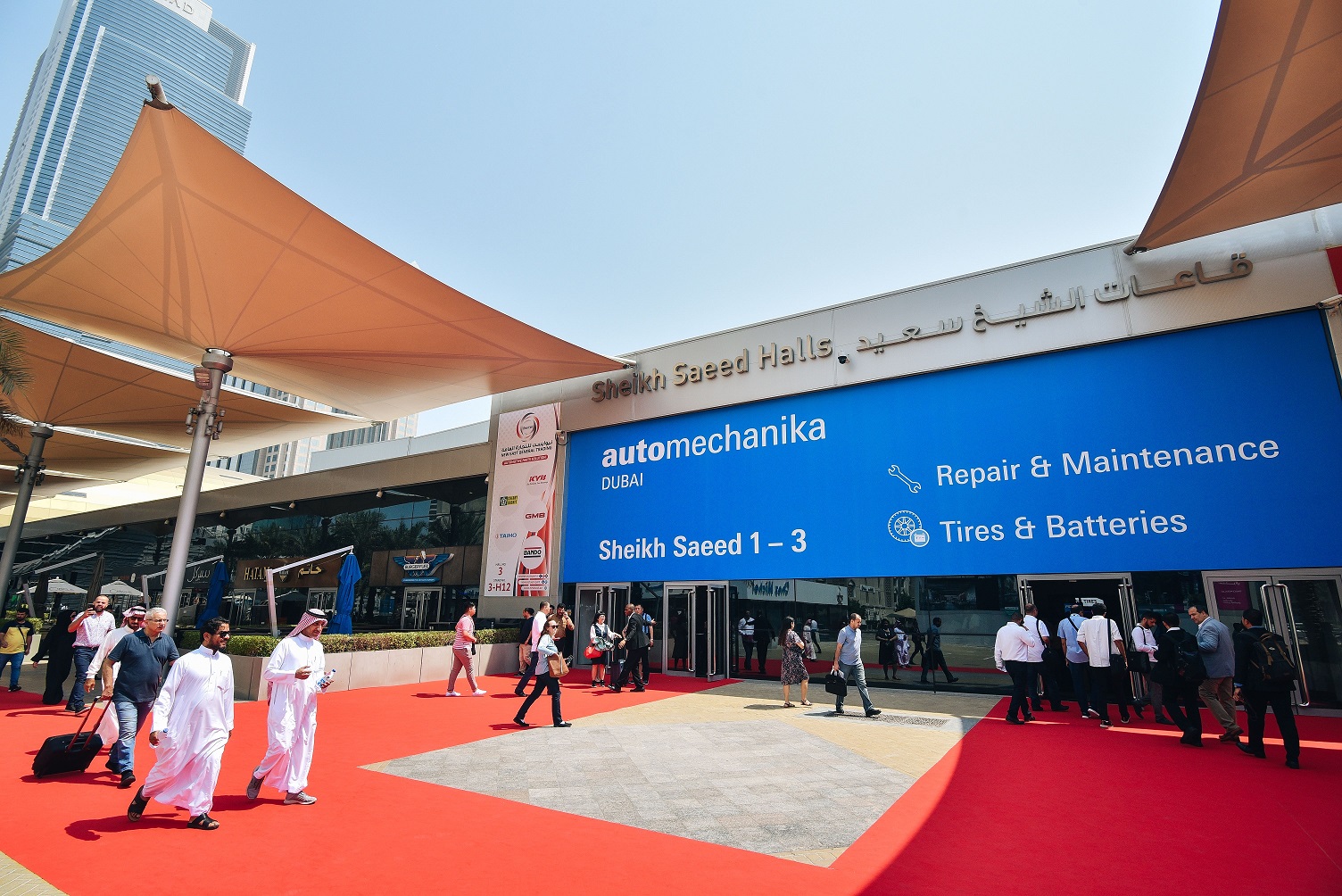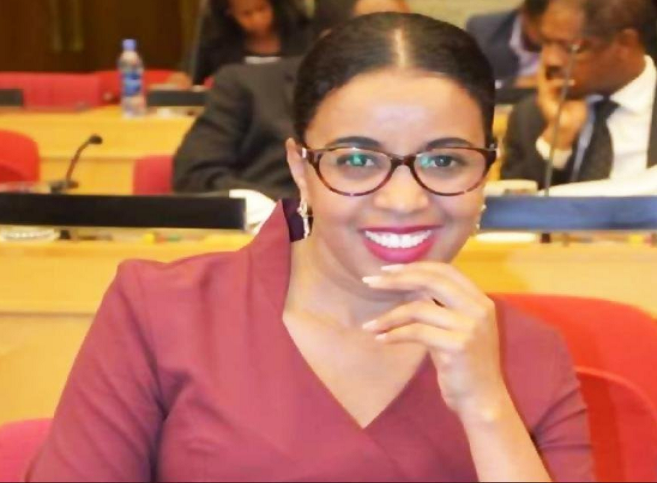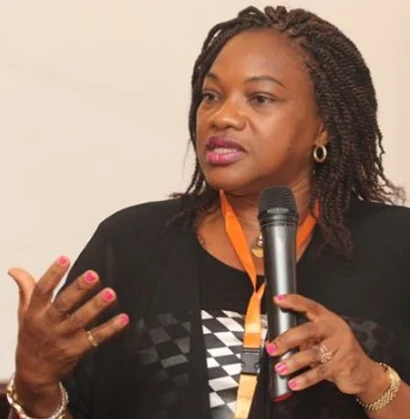Lack of storage forces farmers to sell their harvest at low prices – but changing that can help them get ahead
MAGOU, Niger, May 16 (Thomson Reuters Foundation) – Surveying his village’s stocks of rice, sesame, millet and other food in a storehouse piled high with bags, Amadou Hassane is satisfied – but still a little anxious about the oversupply of baobab leaves.
With the rainy season set to start soon in Niger, Hassane and his fellow farmers need buyers for their leaves before the rains come, driving the prices down as fresh leaves sprout and supply surges across the western region of Tillabery.
« Life is hard because it is difficult to know when the first rains will come, » Hassane told the Thomson Reuters Foundation, holding a list of each farmer’s contribution to the village’s stockpile.
« But we are lucky to have this warrantage system in place, because it means we can sell when the price is good, rather than being forced to do so right away after harvest, » he added.
Because of a lack of storage facilities, many farmers across the developing world have no choice but to sell their produce after harvest, usually at low prices because supplies are plentiful at that time.
Later in the year, they then need to buy food for their families – but during this « lean season », before the next harvest, prices for grain and other food are at their highest.
To add to their problems, in countries like Niger, in Africa’s Sahel region, increasingly erratic weather patterns and unpredictable climate shocks – such as floods and droughts – are hitting harvests.
That has left many of the West Africa nation’s 20 million people struggling to grow or afford enough food.
But a rural credit scheme that lets farmers store their harvest and obtain loans against it – with the money paid back in the dry season when crop prices and sales income are higher – is boosting resilience to climate change, experts say.
The warrantage system is part of a project launched in 2015, funded by the U.K. Department for International Development (DFID) and led by CARE International, to help farming communities in Niger access loans, and encourage them to diversify the crops and products they store.
« Warrantage builds resilience because by selling produce for higher profit, you can absorb climate shocks better … and avoid resorting to negative coping strategies like eating fewer meals, » said Penda Diallo, a senior resilience adviser at CARE.
DIVERSIFICATION KEY
The warrantage effort is part of the Building Resilience and Adaptation to Climate Extremes and Disasters (BRACED) programme, which aims to help 450,000 people in western Niger become better prepared for weather shocks by improving their access to climate and weather information, strengthening village savings and loans associations (VSLAs), and introducing warrantage.
As part of the initiative more than 500 people in several communities in the Tillabery region have begun storing dozens of tonnes of cereal, vegetables and forest products such as edible moringa tree and baobab leaves.

Users – most of them women – turn in part of their harvest and are given a loan by a local microfinance institution working with BRACED.
The loan tends to be around 70-80 percent of the value of their crops, with the seasonal price difference meant to cover the costs of credit and storage.
Given the increasingly threat of poor harvests due to the impact of climate change, farmers are being encouraged to broaden the range of crops and products they grow and store, to better protect them against price fluctations and to give them stock to sell throughout the year.
« Varying and expanding warrantage beyond one crop makes the collective fund stronger, and encourages people to also turn to non-agriculture ventures like making soap, oils and jewellery, » said Ali Badara of Mooriben, a local partner of CARE in Niger.
Improved weather forecasts – broadcast over the radio and via text messages – and a drive to strengthen local savings groups both have resulted in more reliable harvests, which is now making warrantage a viable option for more people, according to agriculture experts.
« They all link together, » Badara said.
For Fati Boubacar and many other women in her village, being part of savings groups has allowed them to access loans. That has let them not only focus on new ways to earn cash – such as making health and beauty products – but also invest in improving their farming.
« Without access to the money through our VSLAs, we wouldn’t have been able to increase our crop yield to the extent to be part of warrantage, » said Boubacar, head of a union of 90 women.
BRINGING IN BANKS
One of the main obstacles to encouraging more people to get involved with warrantage in Niger, and across West Africa, is the increasingly erratic nature of the seasons, said Catherine Simonet of the Overseas Development Insitute (ODI), a London-based thinktank.
« It’s tough to build trust … there is a lot of uncertanity to manage, » said the researcher. « You will often hear farmers say: ‘Last year it didn’t work, this year it is going well, but I am not sure what to do next year’. »
Storing the harvest is another challenge in a region where up to 40 percent of food harvested is lost before reaching the market due to a lack of proper facilities for storage, processing or transport, according to the Food and Agriculture Organization (FAO).
« Storage infrastructure is generally poor across the region, and this should be addressed quickly, » Simonet said.
The BRACED project’s success in helping hundreds of farmers in Tillabery build increasing financial resilience should encourage banks and microfinance institutions to step in and help other farmers as well, project officials say.
Warrantage is often the first step towards rural farming communities accessing formal banking services, experts say.
At the end of their first season, new warrantage groups in Tillabery should have a bank account with enough savings to enable them to take out a loan or limit how much they need to borrow for the next harvest, project officials said.



